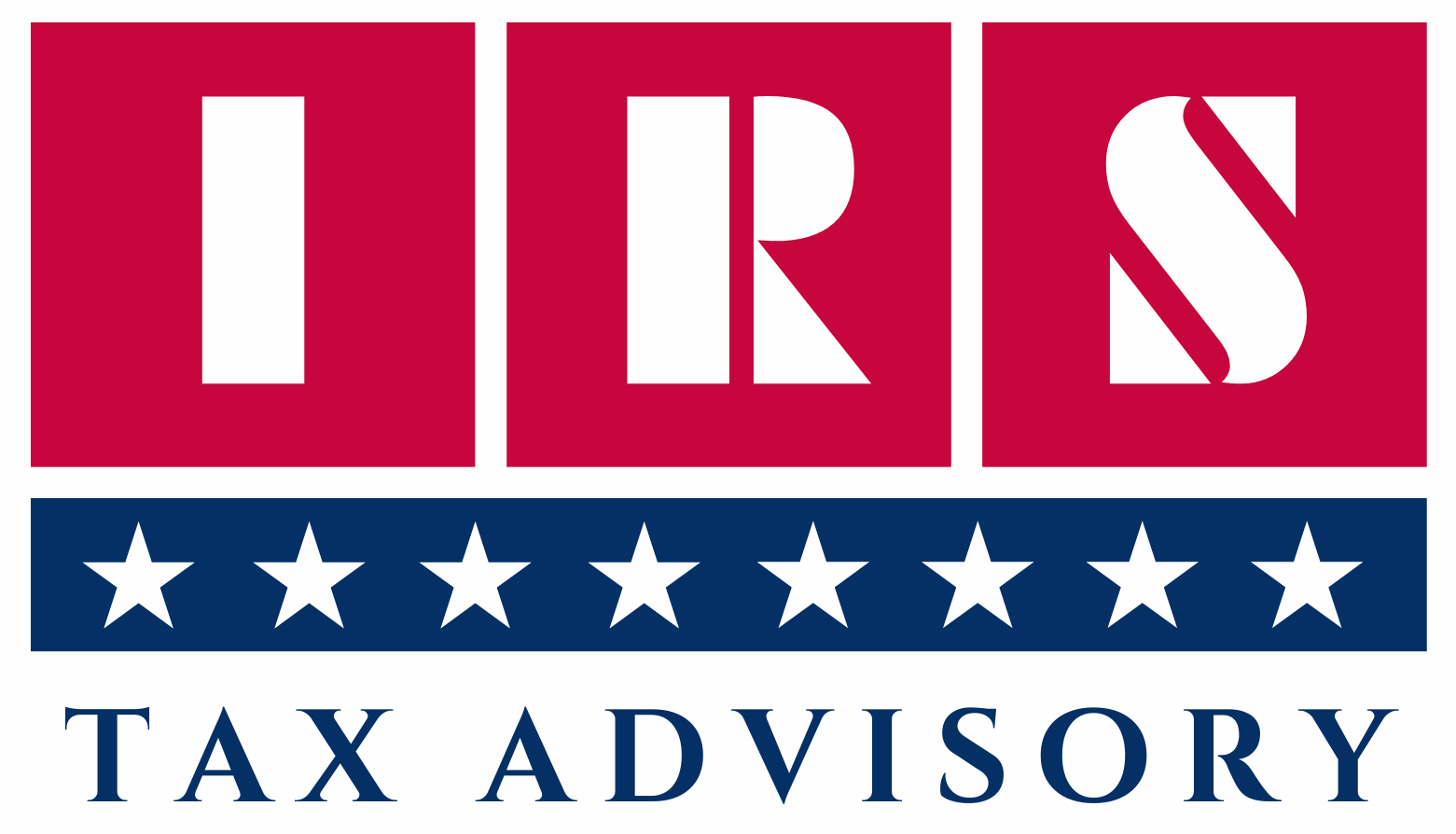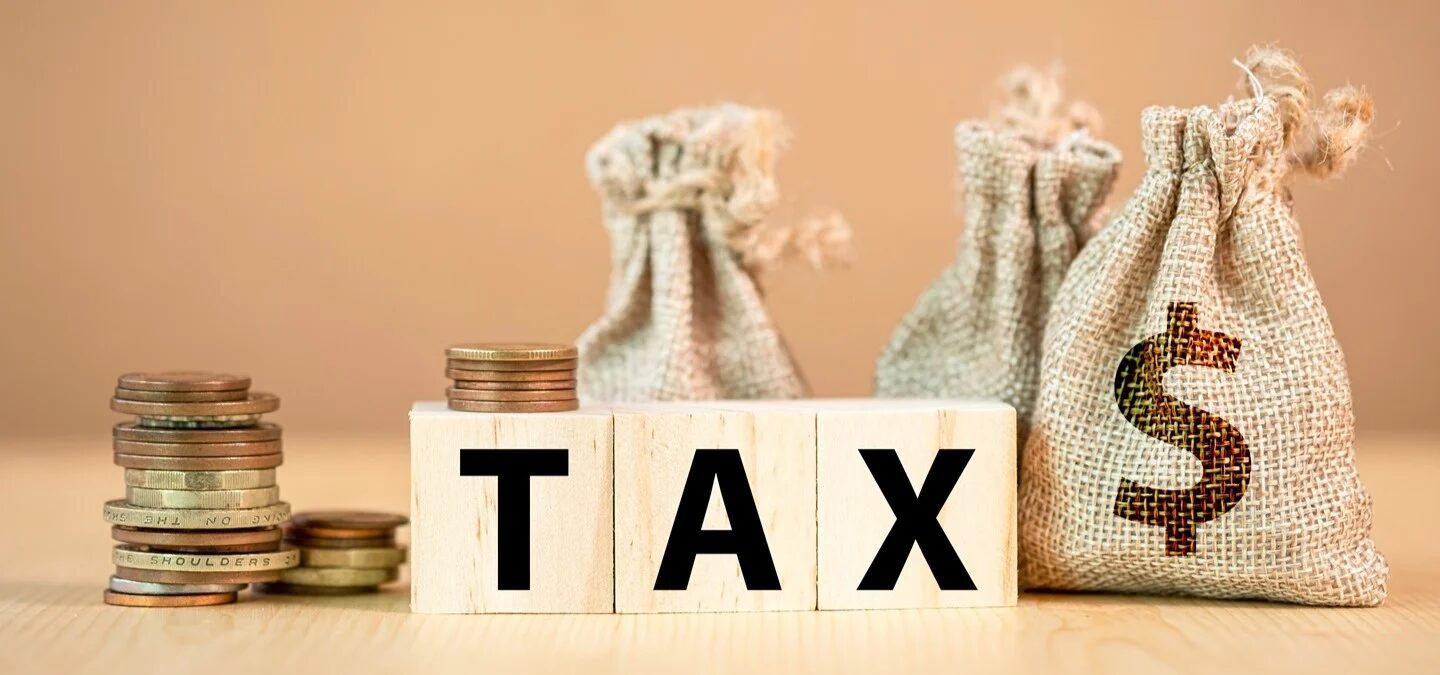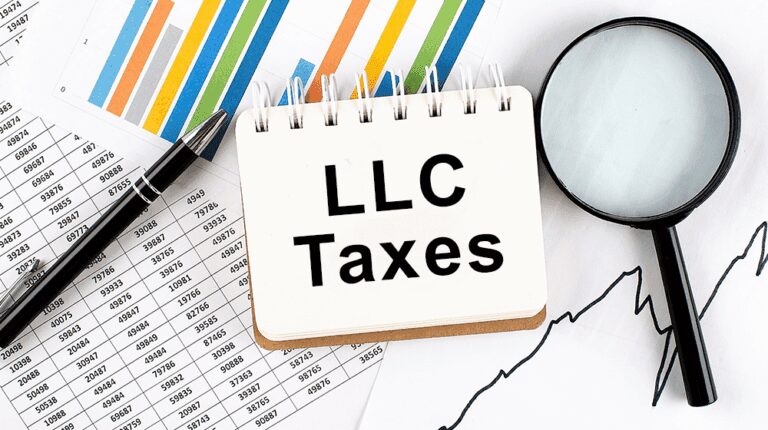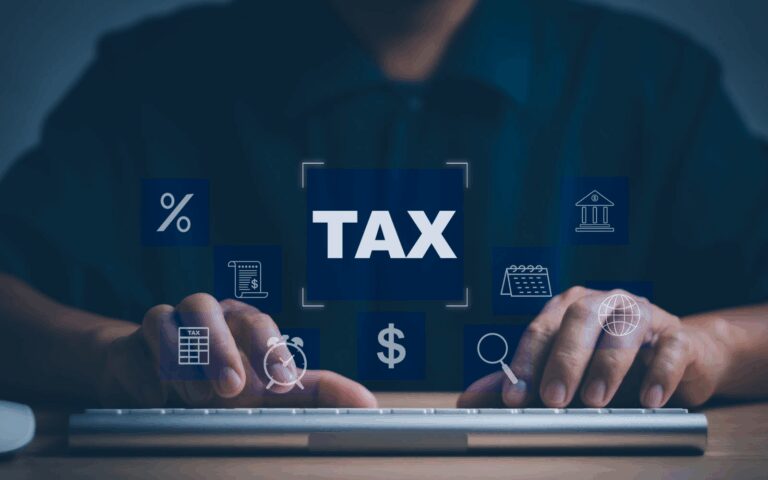Form 1120 Extension- A Comprehensive Guide
Table of Contents
What Is a Form 1120 Extension?

A Form 1120 extension refers to the process of obtaining additional time to file your C corporation’s federal income tax return with the IRS. The IRS recognizes that preparing corporate tax filings may involve complex financial reviews, coordination with accounting teams, and awaiting critical financial documents. As such, businesses are allowed to request a six-month automatic extension by filing IRS Form 7004.
Importantly, this extension only postpones the filing deadline, not the payment due date. Any taxes owed must still be estimated and paid by the original deadline, typically April 15 for calendar-year corporations.
Who Needs an IRS Form 1120 Extension?
C corporations should consider filing for an extension if they:
- Encounter delays in finalizing financial statements.
- Are waiting on essential third-party documentation (e.g., K-1s, 1099s, financial audits).
- Have undergone restructuring, mergers, or major changes requiring extra preparation time.
- Prefer to have additional time to maximize tax-saving strategies and deductions.
How to Request an IRS Extension for Form 1120
Filing your corporate taxes accurately can take time — especially when financials are complex or documentation is delayed. That’s why the IRS allows C corporations to request an automatic six-month extension to file Form 1120 (U.S. Corporation Income Tax Return) using Form 7004.
What You’ll Need Before Filing the Extension
Before you begin the extension process, make sure you have the following:
- Corporation’s legal name, EIN (Employer Identification Number), and mailing address
- Accounting period (calendar or fiscal year)
- An estimate of total tax liability for the tax year
- The amount of payments or credits already made
- A reliable method to pay any estimated taxes due.
How Long Is the Extension Period?
The IRS grants an automatic 6-month extension to file Form 1120, the U.S. Corporation Income Tax Return, when a corporation submits Form 7004 on time.
For Calendar-Year C Corporations:
- Original filing deadline: April 15 (15th day of the 4th month after year-end)
- Extended deadline: October 15
For Fiscal-Year C Corporations:
- If your corporation’s tax year ends on a date other than December 31, the filing deadline is the 15th day of the 4th month after your fiscal year ends.
- Filing Form 7004 extends your filing date by 6 months from that original deadline.
Example
If your corporation’s tax year ends on June 30, your original Form 1120 deadline would be October 15, and the extended due date would be April 15 of the following year.
Summary
| Corporation Type | Original Due Date | Extended Due Date (if 7004 is filed) |
| Calendar-Year C Corp | April 15 | October 15 |
| Fiscal-Year C Corp | 15th day of 4th month after year-end | Six months later |
Important Reminder:
- Form 7004 must be filed on or before the original due date of Form 1120.
- The extension only applies to the filing deadline, not the payment.
Any tax due must still be estimated and paid by the original deadline to avoid interest and penalties.
Common Scenarios That Trigger Extension Needs for Form 1120
Filing an extension for IRS Form 1120 isn’t a sign of poor planning—it’s often a strategic move to ensure complete, accurate, and compliant reporting. Below are the most frequent situations where corporations seek an automatic extension using Form 7004.
1. Incomplete or Unavailable Year-End Financial Statements
One of the most common reasons for filing an extension is that year-end financials—like income statements, balance sheets, and supporting schedules—aren’t finalized in time. This may happen due to:
- Delays in internal bookkeeping
- Incomplete reconciliations
- Outstanding third-party reports (e.g., valuations or audits)
Rather than rush and risk inaccuracies, corporations often choose to extend and file correctly later.
2. Changes in Business Structure or Ownership
Corporations undergoing structural changes—such as mergers, acquisitions, spin-offs, or reorganizations—often need more time to:
- Identify the responsible reporting entity
- Reallocate tax liabilities and carryovers
- Gather historical financial data across entities
These events create complexity in how income, assets, and losses are reported on Form 1120, making extensions practically essential.
3. International Operations and Foreign Disclosures
Corporations with foreign operations or overseas subsidiaries are subject to complex reporting requirements, including:
- Form 5471 (Controlled Foreign Corporations)
- GILTI inclusion
- Foreign tax credits
- Transfer pricing documentation
Gathering this data across jurisdictions can take weeks, so an extension ensures compliance with international tax regulations.
4. Waiting on Partner or Investor Documentation (e.g., K-1s)
Some corporations have equity investments in pass-through entities like partnerships or S corporations. In these cases, the corporation needs Schedule K-1s from those entities to report income or loss correctly.
If those K-1s are delayed (which they often are), filing Form 7004 gives the corporation time to incorporate this data without filing based on estimates.
5. Late Delivery of 1099s, W-2s, or Other Tax Forms
If your business works with independent contractors or employees, you may rely on third-party payroll processors or bookkeepers to deliver required forms like:
- Form 1099-NEC or 1099-MISC
- Form W-2
- State withholding documents
If these forms are late, or contain errors needing correction, the corporation may extend its Form 1120 filing to ensure everything aligns.
6. Strategic Tax Planning Still in Progress
Extensions are often used by corporations that are finalizing strategic tax decisions such as:
- Utilizing net operating losses (NOLs)
- Claiming R&D credits
- Electing bonus depreciation
- Restructuring transfer pricing agreements
Rather than rush through decisions that can affect hundreds of thousands in tax liability, corporations request an extension to evaluate their tax-saving options more carefully.
7. Undergoing an Audit or Legal Review
If your company is currently being audited or involved in a legal review (e.g., litigation, shareholder dispute, or IRS correspondence), your accountants may need more time to:
- Align reporting with audit findings
- Avoid contradictory filings
- Respond accurately to pending IRS or legal outcomes
An extension protects the company from filing prematurely under unclear conditions.
8. Third-Party Preparers Are Overloaded
Many small and mid-sized corporations rely on external CPAs or tax professionals, especially during peak tax season. In cases where the preparer is overloaded, corporations may file for an extension as a protective measure to ensure accuracy and avoid rushed errors.
9. Inability to Pay Full Tax Due by the Deadline
While extensions do not extend the time to pay, some corporations still file for an extension if:
- They need time to arrange financing or liquidate assets
- They’re uncertain of final liability and want to avoid overpayment
- They’re working on applying tax credits or loss carryovers
In these cases, an extension gives breathing room to prepare a more precise return, even if partial payments are made upfront.
Bottom Line
Filing an IRS Form 1120 extension is often triggered by practical, legitimate, and strategic reasons—not negligence. Whether due to incomplete financials, structural complexity, pending documents, or active planning, corporations use the automatic 6-month extension (via Form 7004) to protect themselves from penalties and optimize their tax position.
What IRS Form 7004 Does NOT Do: Key Limitations Every Corporation Should Know
While Form 7004 is a valuable tool that allows corporations to request an automatic extension of time to file their income tax return (such as Form 1120 or 1120-S), it’s important to understand its limitations. Filing this form does not grant an extension for everything.
Here’s what Form 7004 does not do:
1. Does Not Extend the Time to Pay Taxes Owed
Form 7004 only extends the time to file your return—not the time to pay your tax liability.
- Your estimated tax must still be paid by the original due date (e.g., April 15 for calendar-year C corporations).
- Failing to pay on time can lead to penalties and interest, even if you filed Form 7004 and received the extension to file.
Tip: Always estimate and pay as much as possible when filing the extension to reduce or avoid late payment penalties.
2. Does Not Guarantee Penalty Relief
Filing Form 7004 properly may help you avoid late-filing penalties, but it does not automatically eliminate penalties or interest for:
- Underpayment of taxes
- Failure to pay by the original due date
- Failure to estimate tax accurately
If you grossly underpay or make no payment at all, you may face both failure-to-pay penalties and interest charges from the IRS.
3. Does Not Replace Filing a Tax Return
Form 7004 is not a substitute for filing your actual corporate tax return (Form 1120 or 1120-S). It only buys you additional time (typically 6 months) to file the return.
- If you fail to file Form 1120 or 1120-S by the extended due date, you will still be considered late, and penalties will apply as if no extension was filed.
4. Does Not Extend Deadlines for Information Returns
Form 7004 does not apply to the filing of certain information returns, such as:
- Form 1099 series (e.g., 1099-MISC, 1099-NEC)
- Form W-2 (Wage and Tax Statement)
- Form 941 (Employer’s Quarterly Federal Tax Return)
Each of these has its own filing deadlines and separate extension rules or forms. Filing Form 7004 will not extend these obligations.
5. Does Not Apply to Certain Entities
Form 7004 cannot be used to extend filing for:
- Sole proprietorships (they file with Form 1040 Schedule C)
- Individuals (who use Form 4868 for extensions)
- Exempt organizations filing Form 990 (they must use Form 8868)
Only certain business entities (e.g., corporations, partnerships, trusts) are eligible to file Form 7004 for the specified returns listed in the instructions.
Summary: What Form 7004 Does vs. Does Not Do
| Action | Form 7004 Covers? |
| Extend time to file corporate tax returns (e.g., Form 1120) | Yes |
| Extend time to pay taxes due | No |
| Waive or remove penalties and interest | No |
| Apply to non-business forms (e.g., Form 1040) | No |
| Substitute for an actual tax return | No |
| Extend Form W-2 or 1099 deadlines | No |
Form 7004 is a filing extension—not a payment extension. Using it correctly can help you avoid late-filing penalties and give you more time for tax planning. But failing to understand what it doesn’t cover can still result in interest, late payment penalties, and IRS notices.
Benefits of Filing a Corporate Tax Extension (Form 7004): A Strategic Overview
Filing an IRS extension using Form 7004 is not merely a last-minute rescue plan—it is often a proactive, strategic move that helps corporations file accurate returns, avoid penalties, and optimize tax outcomes. Below is a comprehensive breakdown of the key benefits:
1. Avoid Costly Late-Filing Penalties
By filing Form 7004 on time, corporations receive an automatic 6-month extension to file their Form 1120 or 1120-S. This helps them avoid the hefty penalties imposed by the IRS for late filings:
- Form 1120 (C Corporations): $485 per month per return (for large corporations) up to 12 months.
- Form 1120-S (S Corporations): $245 per shareholder per month, up to 12 months.
Even if your corporation cannot pay the full tax liability, an extension helps you sidestep late-filing penalties, which are often more severe than late-payment penalties.
2. More Time for Accurate & Complete Reporting
A rushed return is a risky return. Filing an extension provides more time to:
- Finalize financial statements and reconciliations
- Accurately report capital gains, dividends, deductions, or credits
- Ensure inclusion of K-1s from pass-through entities
- Properly allocate net operating losses (NOLs), foreign income, or R&D credits
This reduces the risk of filing errors, amended returns, or triggering an IRS audit due to inconsistencies.
3. Strategic Tax Planning & Optimization
Filing an extension gives corporations additional time to assess tax-saving opportunities, such as:
- Claiming applicable depreciation elections
- Evaluating qualified business income deductions (QBI)
- Applying or carrying back losses
- Finalizing asset purchases or bonus depreciation decisions
It allows your tax advisor to strategically lower your taxable income, rather than settling for rushed estimations.
4. Time to Correct Errors and Avoid Amendments
Submitting a return too quickly may lead to missed income, deductions, or incorrectly completed schedules. An extension allows you to:
- Validate all data sources (W-2s, 1099s, K-1s)
- Correct accounting discrepancies
- Avoid the administrative hassle and red flags of filing amended returns
Correcting these before filing rather than after avoids attention from the IRS and maintains clean compliance records.
5. Simplifies Coordination with Multiple Entities or States
If your corporation operates in multiple states or has foreign subsidiaries, tax filings can involve:
- Apportionment calculations
- Transfer pricing documentation
- Multistate returns or composite filings
An extension gives time to gather input from multiple teams, CPAs, or legal advisors across jurisdictions—ensuring your tax position is fully supported.
6. Supports Businesses with Complex Ownership Structures
Corporations with multiple owners, investors, or parent-subsidiary relationships may need extra time to:
- Distribute ownership-based income reports
- Complete consolidated or combined tax filings
- Report shareholder basis or retained earnings
Extensions ensure proper alignment between ownership data and IRS reporting obligations.
7. Time Buffer for External Preparers
For small and mid-sized corporations relying on external CPAs, tax professionals often manage dozens of returns simultaneously. Filing an extension provides:
- Breathing room for accurate preparation
- Time to apply advanced planning strategies
- Protection from preparer overload during peak tax season
8. Prevents Errors from Incomplete or Late Documentation
Missing just one document—such as a vendor 1099 or a shareholder K-1—can compromise your return. An extension gives you time to:
- Track down late third-party forms
- Verify vendor or payroll totals
- Reconcile income across all systems
This ensures your return is accurate, complete, and audit-resistant.
Bottom Line: Filing an Extension Is a Smart Move, Not a Sign of Delay
The IRS extension process via Form 7004 is a legal and strategic safeguard. It grants corporations more time to organize, optimize, and comply—often resulting in lower tax liability, fewer penalties, and stronger documentation.
Just remember: an extension extends the filing deadline, not the payment due date. Be sure to estimate and pay your tax on time to maximize the benefit.
Conclusion: IRS Form 1120 Extension
Filing an extension using Form 7004 is a smart, proactive step for corporations that need more time to prepare an accurate and compliant Form 1120 (C Corporation tax return). It offers an automatic 6-month extension to file, but not to pay—so businesses must still estimate and pay their tax liability by the original due date (typically April 15 for calendar-year filers).
By properly filing Form 7004 and making any necessary payments on time, corporations can avoid late-filing penalties, minimize audit risks, and ensure a more accurate and complete return. However, missing the payment deadline or underestimating taxes can lead to penalties and interest, even if the extension is granted.
Ultimately, the 1120 extension provides valuable breathing room, but it must be used strategically and in compliance with IRS rules. With careful calculation, timely submission, and proper documentation, businesses can maintain good standing with the IRS while managing their tax filing obligations effectively.







